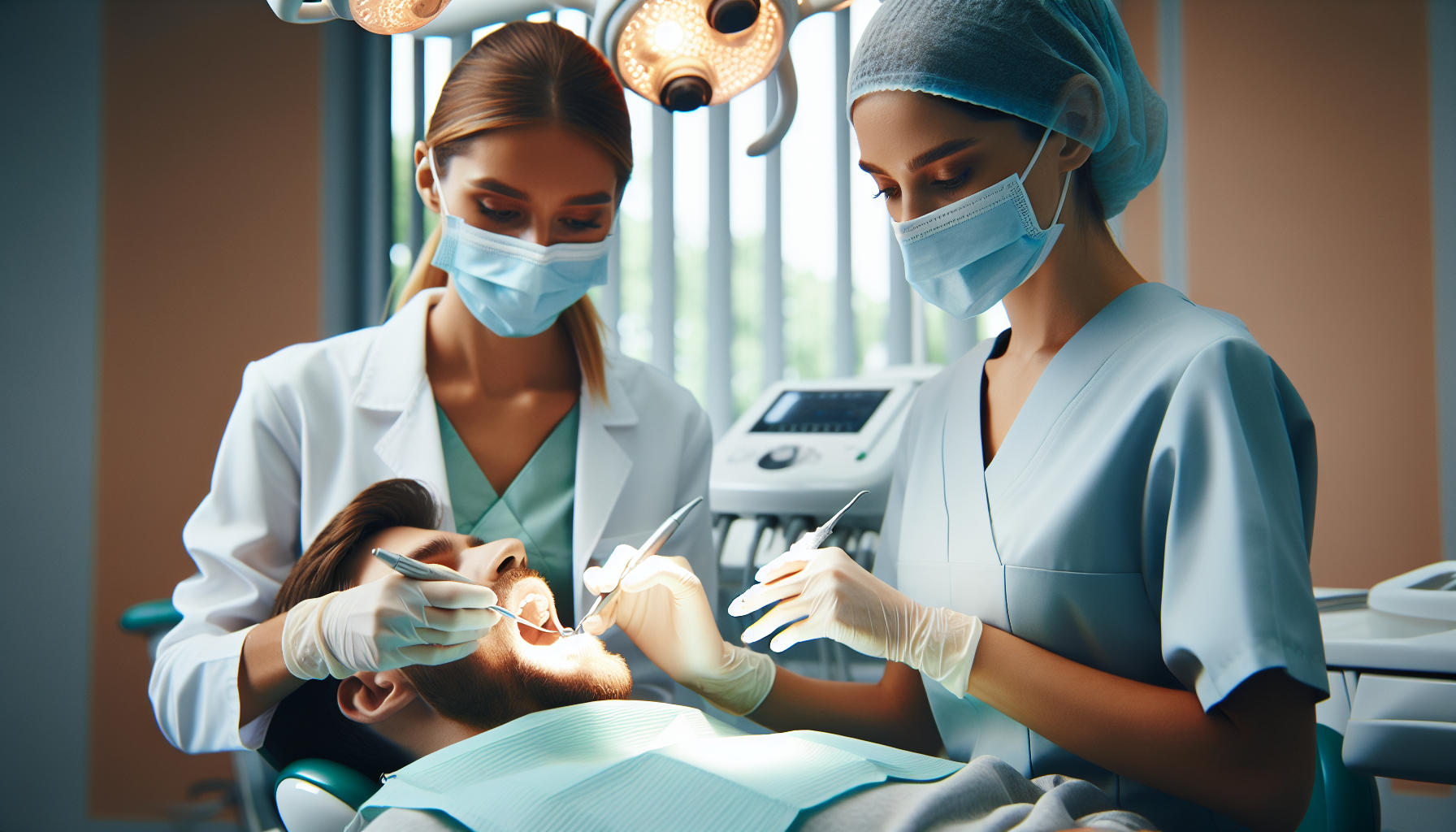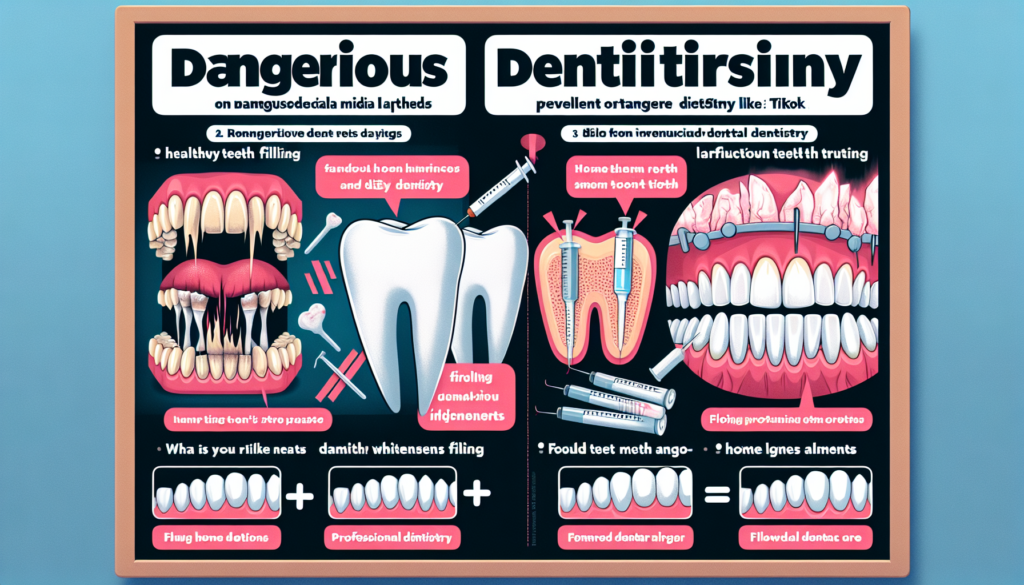Oral Health Awareness Rising in Kashmir for a Healthier Future
Just like small daily habits can transform your life, consistent dental habits can create a lifetime of confident, healthy smiles. Learn more in The Habit Method.
Understanding the Growing Importance of Oral Health in Kashmir
Over the past decade, oral health awareness in Kashmir has been steadily increasing. With more public discussions around dental hygiene and preventive care, residents are beginning to see that healthy teeth and gums are not merely about a bright smile—they are a reflection of overall health and well-being.
Historically, access to dental care in Kashmir has been limited. Rural and remote areas often lacked dental clinics, and many people only visited a dentist when suffering from pain or infection. However, this trend is changing as local dental professionals, universities, and public health organizations collaborate to improve awareness and establish preventive care protocols.
Studies from the Indian Journal of Dental Research show that nearly 60–70% of adults in India experience untreated dental issues, many related to preventable conditions such as gum disease, cavities, and poor oral hygiene. Recognizing these challenges, Kashmir’s dentists are stepping forward with initiatives that educate patients about brushing techniques, early cavity detection, and dietary choices that promote oral health.
The Link Between Dental Hygiene and Overall Well-being
Maintaining oral hygiene is not only essential for fresh breath and a beautiful smile but is crucial for overall systemic health. A growing body of evidence connects poor oral hygiene with several chronic diseases, including diabetes, cardiovascular conditions, and respiratory infections.
- Gum disease and heart health: The presence of gum inflammation increases the risk of heart disease due to the spread of oral bacteria through the bloodstream.
- Oral health and diabetes: Uncontrolled blood sugar levels can worsen gum infections, while gum disease can make it harder to manage diabetes effectively.
- Respiratory complications: Bacteria from infected teeth and gums can be inhaled into the lungs, increasing the risk of bronchitis and pneumonia.
As the World Health Organization (WHO) notes, oral diseases are among the most common chronic conditions worldwide, yet they are largely preventable through early intervention and proper hygiene routines.
Community Initiatives and Awareness Campaigns
Various oral health education programs in Kashmir have emerged to tackle misinformation and limited access. Dental outreach camps hosted by universities, NGOs, and local dental associations provide free checkups and distribute oral hygiene kits to underprivileged communities.
- School-based dental awareness drives teach children correct brushing techniques and healthy eating habits.
- Mobile dental clinics are reaching rural regions, offering preventive care and guidance.
- Radio, television, and social media campaigns highlight early signs of decay and gum disease, emphasizing the importance of routine dental visits.
These community partnerships are fostering a sense of shared responsibility. By empowering people with knowledge, they build a foundation for long-term improvement in community oral health.
Changing Attitudes Toward Preventive Dental Care
A significant cultural shift is underway: instead of seeking dental care only after pain arises, more people in Kashmir are proactively scheduling regular checkups. This evolution in behavior marks a milestone for preventive dental care in Kashmir.
Clinics report higher participation in oral hygiene workshops, and patients are becoming more conscious of the role their daily habits play in maintaining oral health. Many residents share their stories of transformation—how adopting routine dental visits and simple practices such as flossing has led to improved self-esteem and confidence.
Preventive care doesn’t need to be complex. Small steps make a big difference:
- Brush twice daily with fluoride toothpaste.
- Floss at least once per day.
- Visit the dentist every six months for a checkup and cleaning.
- Limit sugary foods and beverages to reduce the risk of cavities.
By incorporating these habits, individuals not only prevent disease but also contribute to the larger goal of community health.
Role of Government and Health Institutions
The government of Jammu and Kashmir, in collaboration with various NGOs and public health departments, is playing an integral role in expanding government oral health programs in Kashmir. These include free dental camps, subsidized treatment plans, and awareness efforts in schools and public health centers.
Additionally, dental departments at medical colleges are focusing on research-driven community outreach. This helps policymakers address the challenges of rural healthcare delivery, especially in areas where access to qualified dental professionals is limited. The goal is to ensure equitable oral healthcare, regardless of socioeconomic background.
Future initiatives focus on integrating oral health into general healthcare frameworks. This approach ensures every patient who visits a healthcare facility receives guidance on oral hygiene as part of holistic wellness screenings.
A Healthier Future Starts with a Healthy Smile
The movement toward improved dental hygiene in Kashmir is more than a public health initiative—it is a cultural transformation. Local dentists, educators, parents, and youth groups all play vital roles in creating a unified effort toward a healthier community. The message is clear: a healthy smile for a better future in Kashmir begins with awareness today.
Dental health professionals emphasize gratitude and daily discipline as keystones for lifelong oral wellness. Just as building healthy habits can lead to greater mental and physical well-being, consistent oral care can prevent future suffering and expense.
Key Takeaway
- Oral health awareness is growing rapidly across Kashmir, supported by dentists, educators, and government agencies.
- Preventive care and education are transforming the community’s understanding of oral hygiene and overall health.
Frequently Asked Questions
1. Why is oral health awareness important in Kashmir?
Raising oral health awareness helps residents understand the vital connection between dental hygiene and overall well-being. It empowers communities to adopt preventive habits and access timely dental care.
2. How often should I visit a dentist?
Most dental professionals recommend a visit every six months for cleaning and checkups. However, individuals with gum disease or chronic health conditions may need more frequent visits.
3. What role do schools play in oral health education?
Schools in Kashmir are becoming key platforms for spreading awareness. Dental professionals often conduct workshops to teach students proper brushing, flossing, and the impacts of nutrition on oral health.
4. Can oral diseases affect other parts of the body?
Yes. Poor oral health has been linked to heart disease, diabetes, and respiratory problems due to the spread of bacteria and inflammation from the mouth to other body systems.
5. How can I support community dental programs?
You can support initiatives by participating in awareness drives, volunteering at dental camps, or sharing verified oral health information within your local community.
Conclusion
As oral health awareness in Kashmir continues to grow, it represents a meaningful step toward community wellness and sustainable healthcare. Consistent preventive care and education can ensure every smile reflects health, confidence, and vitality. Remember—change begins with small, consistent actions. Explore more ways to build positive daily habits with The Habit Method.
Post Disclaimer
DentalUp is for educational purposes only and cannot accept personal dental information such as x-rays, photos, or treatment details. See full disclaimer here.





